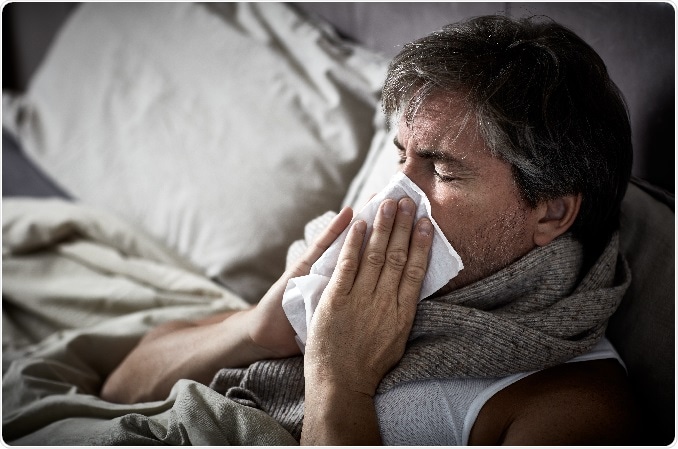Having a cold is always an unpleasant experience, but, according to a study published by the American Psychological Association, feeling lonely can make cold symptoms seem even worse.

The research included 159 unmarried individuals (aged 18 to 55) who underwent psychological and physical assessment before being infected with the cold virus using nasal drops. They were then quarantined in hotel rooms and monitored for five days.
As reported in Health Psychology, the participants were asked to record their cold symptoms (e.g. sore throat, runny nose and sneezing) and to log the severity of those symptoms on a five-point scale. Before being infected, they were also assessed using the Short Loneliness Scale and the Social Network Index.
Researchers Angie LeRoy (Rice University, Houston Texas) and colleagues found that, although loneliness did not increase the chance of falling ill, it did have an impact on how bad people felt.
After adjustment for age, gender, income, mood markers, the season, social isolation and depressive effect, those who had higher loneliness scores at baseline, were no more likely to develop a cold than those with lower scores. However, those with higher scores did report more severe cold symptoms during the monitoring period than those with lower scores.
Importantly, feeling more under the weather was not associated with the size of people’s social networks.
“We looked at the quality of people’s relationships, not the quantity,” explains Le Roy. “You can be in a crowded room and feel lonely. That perception is what seems to be important when it comes to cold symptoms.”
Previously, researchers have shown that loneliness puts people at risk for early death and other physical illnesses, says Le Roy. However, “nothing had been done to look at an acute but temporary illness that we're all vulnerable to — the common cold,” she explains.
Doctors should take psychological factors into account at intake. It would help them understand the phenomenon when a person comes in sick.”
Co-author Chris Fagundes, Rice University.